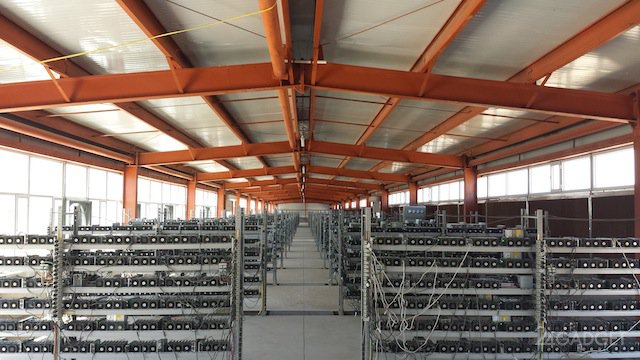Bitcoin has been hailed as the future of currency.
And it has been condemned as just another speculative investment.
Some consider Bitcoin to be nothing more than a new payment system.
So, what exactly is it? Is Bitcoin really a legitimate form of money? And why does it really matter how Bitcoin is categorized?
How an individual classifies Bitcoin really doesn’t matter. But to legislators and regulators, whether Bitcoin is “money” or a different kind of “asset” is important when it comes to applying financial regulations and tax laws.
At present, there is no official consensus on how to categorize Bitcoin. But when we compare Bitcoin to all other forms of legitimate currency, it’s clear Bitcoin really is money. And that’s because Bitcoin is based on the same underlying fundamentals as all other forms of traditional money.
All money is essentially stored energy, much like a battery. Workers exchange their own energy in the form of labor for money. That money is then traded for other goods or services, all of which require energy. I’m sure you know how the whole thing works.
Even seashells, used by primitive coastal cultures as money, represented an investment of human energy. Thousands of people had to invest their energy in collecting the billions of exact seashells needed for a legal tender.
Gold, too, represents a significant expenditure of energy. Consider the enormous effort spent in the mining process: removing ore from solid rock, moving this heavy ore to a processing plant, extracting and refining metals… and that’s the easy part. You have to find the gold first!
The point is, legitimate money in all of its forms (the U.S. dollar, euro, gold, etc.) is the battery for the storage and exchange of energy.
Bitcoin is also stored energy.
How’s that?
Well, because the Bitcoin mining process is also very energy intensive.
Bitcoin is created when it is electronically earned (or “mined”) using specialized hardware, generally called “miners.” Among the most popular digital currency miners on the market today is Bitmain’s Antminer S9, shown below.

This hardware solves highly complex mathematical calculations to confirm previous Bitcoin transactions. As a reward for this service, the owner of the mining hardware earns a transaction fee in the form of new Bitcoin. This is essentially how new Bitcoin is created.
Our analysts have traveled the world over, dedicated to finding the best and most profitable investments in the global energy markets. All you have to do to join our Energy and Capital investment community is sign up for the daily newsletter below.
Confirming previous transactions creates a “block” in the “blockchain.” The rate at which miners can create new blocks (and earn Bitcoin) is set to geometrically decrease. The result is a cap on the total amount of Bitcoin that can be produced. No more than 21 million Bitcoin can be earned. But that also means Bitcoin mining gradually becomes more and more energy intensive with every unit produced.
Bitcoin’s current estimated annual electricity consumption is over 13,000,000 megawatts. That’s enough to power 1.2 million U.S. households. And that figure is growing.
By 2020, the annual energy consumption of the Bitcoin network is expected to exceed the total annual energy consumption of Denmark!
High energy requirements means Bitcoin mining is also expensive. If you tried to earn Bitcoin with the hardware on your laptop, the cost of electricity would exceed the value of any Bitcoin you earned.
To earn any significant ROI through Bitcoin mining, investors typically need dozens of currency miners working 24/7. There are warehouses with nothing but rows and rows of racks filled with Bitcoin miners.

In addition to sharing an energy-based foundation, Bitcoin also shares all of the same characteristics of what we’ve traditionally considered money:
- Durability: It won’t rust, erode, decompose, or naturally break down in any way
- Portability: It’s everywhere you are connected to the internet
- Divisibility: Units can be broken down into hundred-millionths
- Uniformity: It’s 100% digital with no variations
- Limited supply: Only 21 million can be produced
- Acceptability: Nearly a quarter-million different merchants worldwide now accept Bitcoin
Bitcoin really is money, any way you slice it. And it’s not going away anytime soon.
Until next time,
Luke Burgess
As an editor at Energy and Capital, Luke’s analysis and market research reach hundreds of thousands of investors every day. Luke is also a contributing editor of Angel Publishing’s Bull and Bust Report newsletter. There, he helps investors in leveraging the future supply-demand imbalance that he believes could be key to a cyclical upswing in the hard asset markets. For more on Luke, go to his editor’s page.

